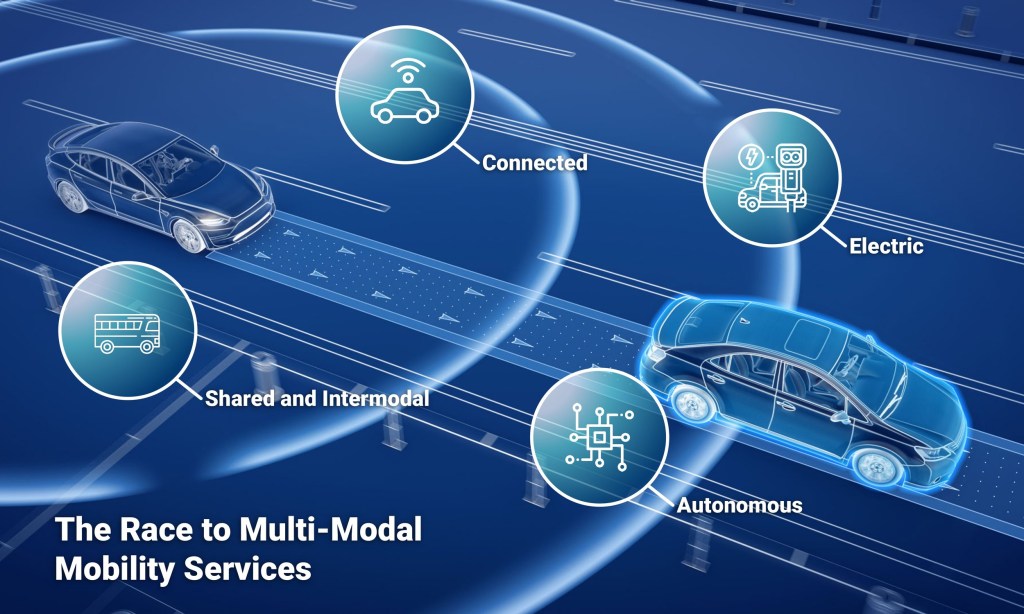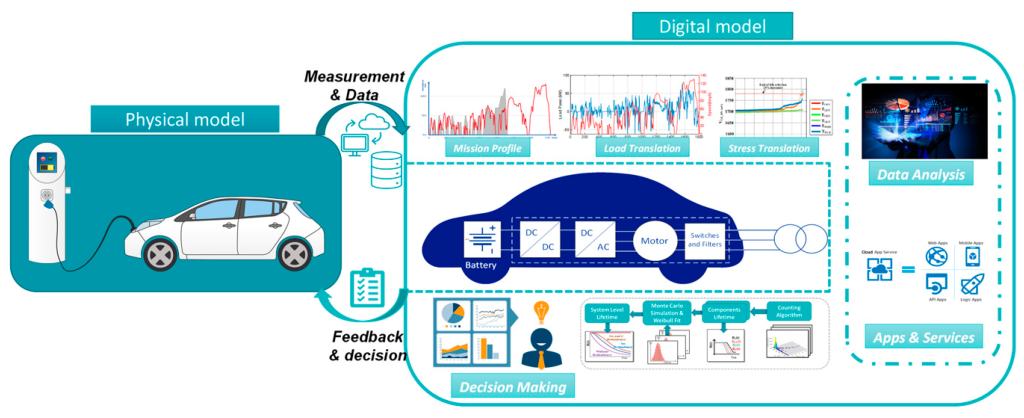Unveiling The Power Of Electric Vehicle Technology: A Comprehensive Overview
Electric Vehicle Technology Overview: A Journey into the Future of Transportation
If there is one thing that has revolutionized the automotive industry in recent years, it is undoubtedly the rise of electric vehicles (EVs). These modern marvels of engineering not only provide a sustainable and environmentally-friendly transportation solution but also offer a thrilling driving experience. In this article, I will provide a comprehensive overview of electric vehicle technology, exploring the what, who, when, where, why, and how of this exciting innovation.
What is Electric Vehicle Technology?
Electric vehicle technology involves the use of electric motors and rechargeable batteries to power vehicles instead of traditional internal combustion engines. These vehicles can be classified into two main categories: Battery Electric Vehicles (BEVs) and Plug-in Hybrid Electric Vehicles (PHEVs).
2 Picture Gallery: Unveiling The Power Of Electric Vehicle Technology: A Comprehensive Overview


The electric vehicle technology overview encompasses the various components and systems that make these vehicles function. This includes the battery pack, electric motor, power electronics, regenerative braking system, and charging infrastructure. Together, these elements work seamlessly to provide a clean, efficient, and sustainable mode of transportation.
Who Benefits from Electric Vehicle Technology?

Image Source: squarespace-cdn.com
Electric vehicle technology benefits not only the environment but also consumers, governments, and businesses. By reducing greenhouse gas emissions and dependence on fossil fuels, EVs contribute to a greener and more sustainable future. Consumers benefit from lower operating costs, reduced maintenance requirements, and the enjoyment of a silent and smooth driving experience. Governments incentivize the adoption of EVs through tax credits, rebates, and infrastructure development. Additionally, businesses can reduce their carbon footprint and operating costs by adopting electric vehicle fleets.
When and Where Did Electric Vehicle Technology Emerge?
Although electric vehicles may seem like a recent development, their history dates back to the 19th century. In fact, the first electric vehicle was built in the 1830s. However, it wasn’t until the early 21st century that electric vehicle technology gained significant traction and became a viable alternative to traditional gasoline-powered vehicles. Today, electric vehicles can be found in various countries around the world, with some nations like Norway leading the way in EV adoption.
Why Choose Electric Vehicle Technology?
There are several compelling reasons to choose electric vehicle technology. Firstly, EVs are eco-friendly, emitting zero tailpipe emissions and reducing air pollution. They also offer a quieter and smoother ride compared to conventional vehicles. Secondly, electric vehicles are more energy-efficient, with electric motors converting over 90% of electrical energy into motion, while internal combustion engines only achieve around 20% efficiency. Finally, the cost savings associated with electric vehicles, including lower fuel and maintenance expenses, make them an attractive option for budget-conscious consumers.
How Does Electric Vehicle Technology Work?

Image Source: mdpi-res.com
Understanding how electric vehicle technology works is essential to appreciate its advantages fully. Electric vehicles are powered by high-capacity lithium-ion batteries, which store electrical energy. The battery pack supplies power to the electric motor, which drives the wheels of the vehicle. When the vehicle decelerates or brakes, the regenerative braking system converts kinetic energy into electrical energy, recharging the battery. To charge an electric vehicle, it can be plugged into a designated charging station or a regular electrical outlet, depending on the charging capabilities of the vehicle.
Frequently Asked Questions about Electric Vehicle Technology
1. Are electric vehicles more expensive than traditional vehicles?
While electric vehicles may have a higher upfront cost, they offer significant savings in the long run due to lower operating and maintenance costs. Additionally, various government incentives and subsidies help offset the initial price difference.
2. How far can electric vehicles travel on a single charge?
The driving range of an electric vehicle varies depending on factors such as battery capacity, driving conditions, and vehicle efficiency. Modern electric vehicles can typically travel between 150 to 300 miles on a single charge.
3. How long does it take to charge an electric vehicle?
Charging time depends on the level of charging equipment used. Level 1 charging, which utilizes a regular household outlet, can take several hours. Level 2 charging stations can charge an electric vehicle in 4 to 8 hours, while fast-charging stations (Level 3) can provide an 80% charge in approximately 30 minutes.
The Pros and Cons of Electric Vehicle Technology
Pros:
Environmental sustainability
Reduced operating costs
Improved energy efficiency
Quieter and smoother driving experience
Government incentives and subsidies
Cons:
Limited charging infrastructure
Longer refueling time compared to traditional vehicles
Higher upfront cost
Range anxiety for long-distance travel
Dependency on electricity grid
Conclusion: Embracing the Electric Vehicle Revolution
As we delve into the world of electric vehicle technology, it becomes clear that this innovation holds tremendous potential for transforming the way we commute. With their environmental benefits, cost savings, and enjoyable driving experience, electric vehicles are poised to revolutionize the transportation industry. While challenges remain, such as the need for an expanded charging infrastructure, the continued advancement and adoption of electric vehicle technology bring us closer to a cleaner, greener, and more sustainable future.
Experience the thrill of electric vehicle technology and join the revolution today!
This post topic: Electric Car Technology

